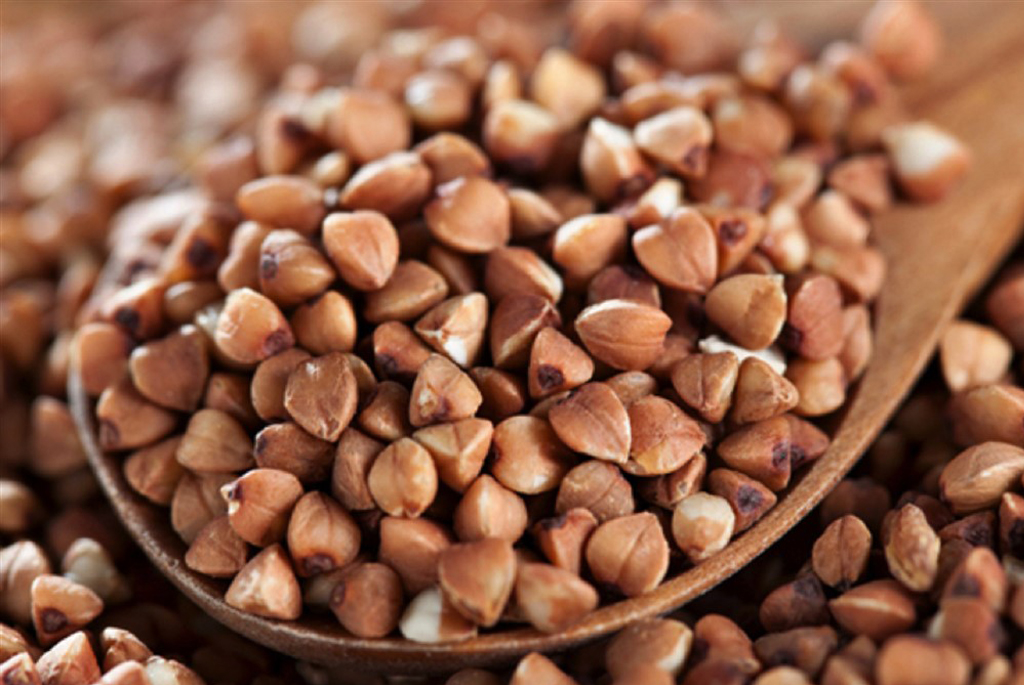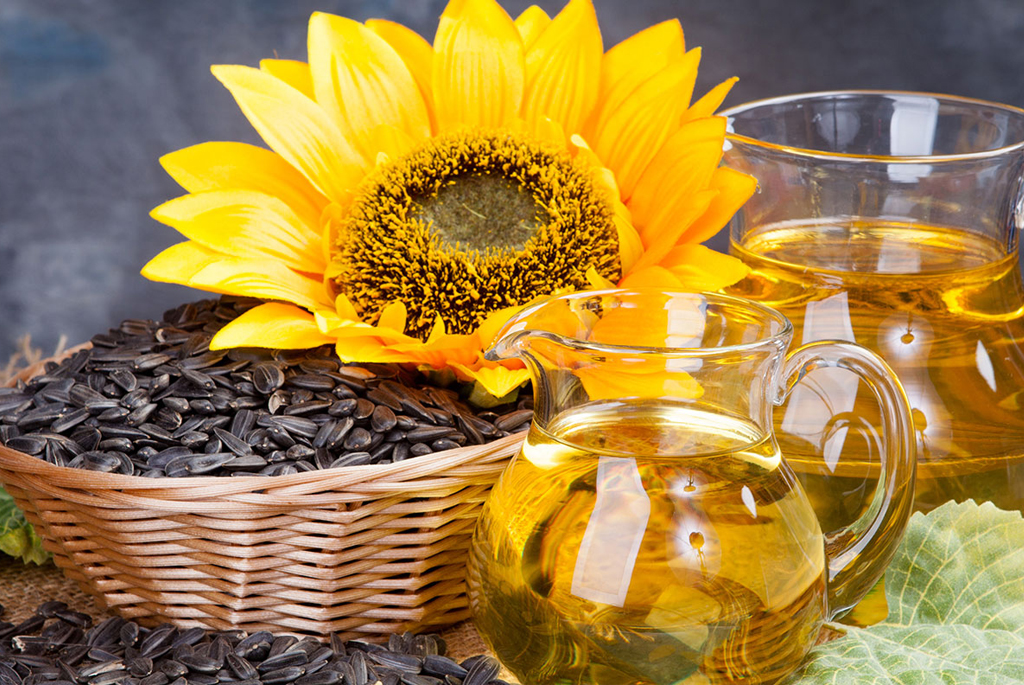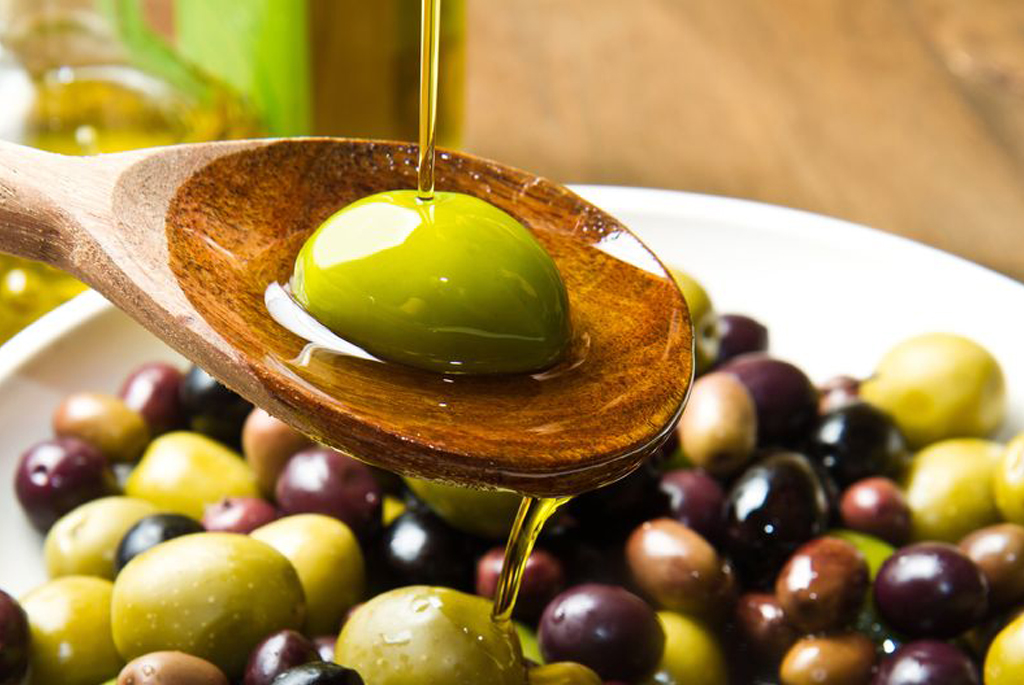Food
The food sector has been one of the fastest growing sectors since the first years of the Republic.
FOOD SECTOR IN TURKEY
The main task of the food sector is to process agricultural raw materials into high quality, healthy food and beverage products. In this process, the most important step is production. Starting from production, in the process that ended in the consumer, there are many elements ranging from healthy raw material supply to energy use, from resource use to waste management, from packaging to distribution channels. Food chain, 'field to table' on the principle of moving; farmers, industrialists, suppliers, transporters, retailers and consumers. Sektörün alt başlıkları; Et ve Et Ürünleri, Süt ve Süt Ürünleri, Un ve Unlu Ürünler, Meyve ve Sebze Ürünleri, Katı ve Sıvı Yağlar, Şeker ve Şekerli Ürünler, Alkolsüz İçecekler, Alkollü İçecekler, Fermente Ürünler, Hazır Tüketilen Gıdalar ve Bebek Mamaları olarak özetlenebilir. Günümüzde öne çıkan bir diğer eğilim ise organik gıdalardır. Organik tarım, ekolojik sistemde hatalı uygulamalar sonucu kaybolan doğal dengeyi kurmaya yönelik, insana ve çevreye dost üretim sistemlerini içermektedir.
SECTOR DEVELOPMENT IN TURKEY
The food sector has been one of the fastest growing sectors since the first years of the Republic. In the following period, the state has established large-scale enterprises in the food sector and invested heavily in them. These enterprises, SEEs (State Economic Enterprises) have been active in sugar, tea, tobacco, alcoholic beverages, meat and dairy products production. Despite the increasing public investments and the existence of large state enterprises in the said period, small-scale and independent producer units in the food sector continued to exist. After 1980, export-oriented accumulation style was changed and significant changes were made in the foreign trade regime, including food products. Among these is the liberalization of foreign trade in food and agricultural products. In the early 1990s, the enterprises of the Dairy Industry Authority (SEK), Yem Sanayii AŞ (YEMSAN) and the Meat and Fish Authority (EBK) were privatized. However, starting from the 1980s, the role of international capital in the agricultural production and food industry increased considerably, and between 1987 and 1998 an increase was observed in the number of foreign companies and domestic companies with foreign partners. The number of companies with foreign capital increased from 32 to 65 in agriculture, 38 to 139 in food processing and 8 to 198 in food contracting sector. Turkey's leading domestic capital groups, establishing partnerships with multinational companies; meat, milk and milk products production, food packaging, vegetable and fruit processing and freezing, tea production, full and ready food production, food marketing and retailing began to show activity in such areas.
SECTORAL PANORAMA
The Turkish food and beverage industry, which has shown a significant success graph in the last 10 years, is one of the most dynamic and productive sectors of the country with its share of 300 billion liras in gross national product, 40 thousand in its enterprises and more than 400 thousand employees. food and beverage industry, one of the important building blocks of Turkey's economy; It has an important place in terms of economy due to its production value, contribution to employment, ratio of export and foreign trade.












